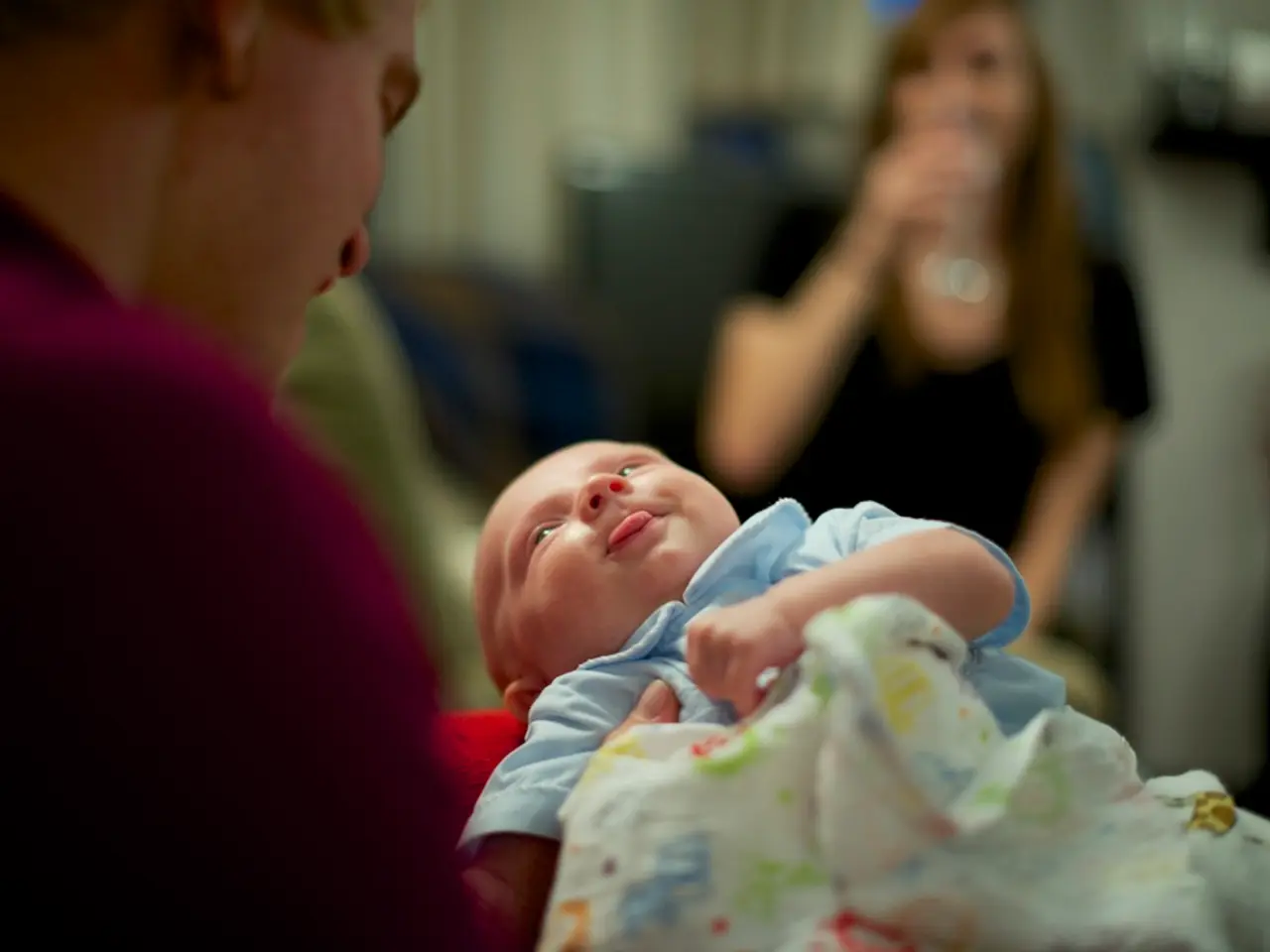Timing Your Fertility Assistance: Guidelines and Additional Information
In the journey towards conception, certain factors can impact fertility, making it essential to seek professional advice when needed. Here's a guide on when to consider consulting a fertility specialist, based on age, health history, and specific reproductive circumstances.
Age-based timing
Women under 35 should consider consulting a fertility specialist if they have been trying to conceive for 12 months or more without success. Women over 35 should seek advice after 6 months of trying due to age-related fertility decline. Women over 40 are recommended to seek evaluation as soon as possible because fertility declines more significantly with age [1][2][3][4].
Health history and reproductive conditions
Those with irregular, painful, or absent menstrual periods or known hormonal conditions, such as polycystic ovary syndrome (PCOS), thyroid disorders, or endometriosis, should consider early consultation even before these timelines. Individuals or couples with a history of two or more miscarriages, fertility-impacting conditions like diabetes, obesity, testicular issues, or previous cancer treatments should seek specialist advice promptly [1][2][4]. Male partners should also be evaluated, as male infertility factors (e.g., varicocele, low sperm count) are equally important [1][2][4].
Specific reproductive circumstances
Same-sex couples, single parents by choice, or those interested in fertility preservation (e.g., egg freezing), intrauterine insemination (IUI), or in vitro fertilization (IVF) should consult a fertility specialist early to explore their options [1][3].
Preparation and approach
Before the first appointment, gather and be ready to discuss personal and family medical histories, any reproductive symptoms, prior treatments, and lifestyle factors. An open, collaborative dialogue with the specialist and partner is encouraged to establish clear expectations and obtain emotional support [2].
Evaluation and treatment scope
Initial fertility consultations typically include hormone testing, ovulation assessment, imaging of reproductive organs, and semen analysis for the male partner. Based on findings, personalized treatment plans can range from lifestyle modifications to advanced assisted reproductive technologies (ART), including IVF and genetic testing [4][5].
STIs and fertility
Sexually transmitted infections (STIs) such as chlamydia and gonorrhea can cause reproductive issues and damage to the fallopian tubes, leading to infertility. Early treatment of STIs is crucial to prevent long-term reproductive harm.
In summary, the key recommendation is to seek consultation sooner with advancing age, presence of reproductive health issues, or prior fertility concerns and to ensure that both partners are evaluated to optimize diagnosis and treatment success. Early expert guidance facilitates tailored and effective fertility care [1][2][3][4][5].







